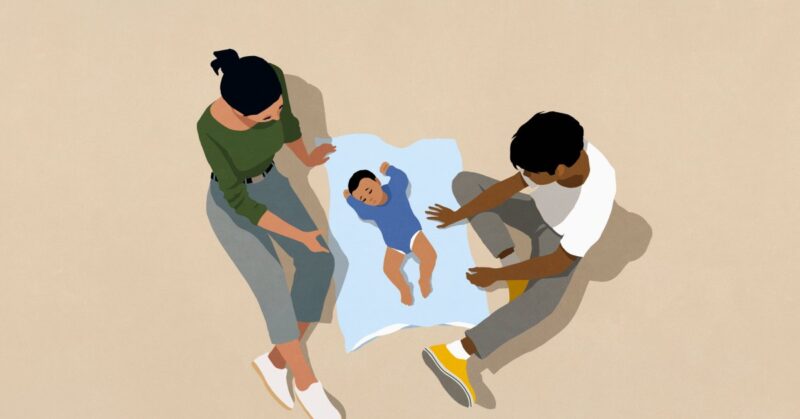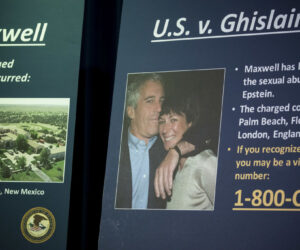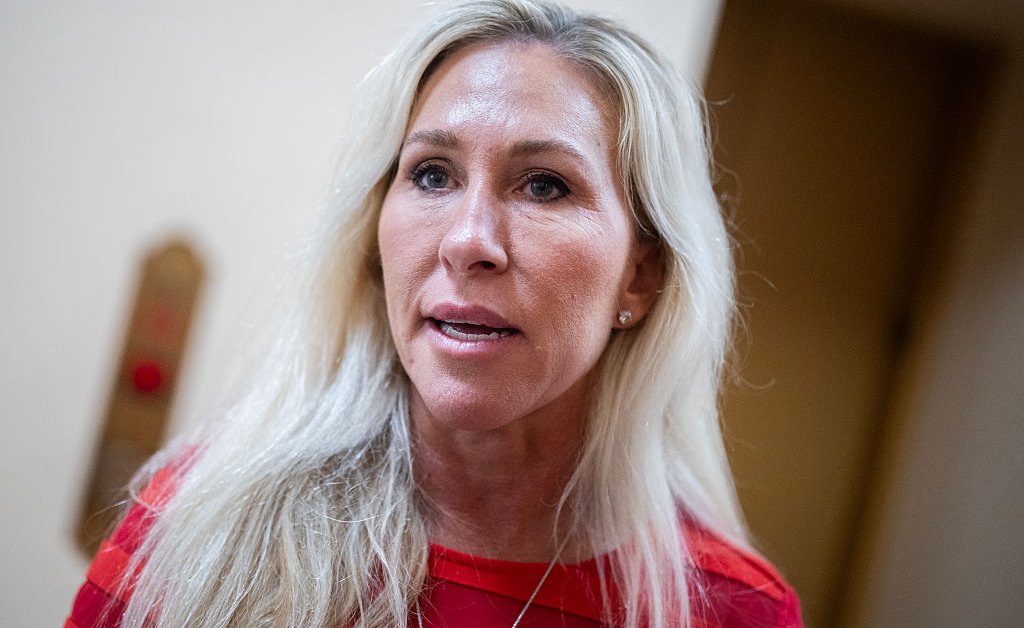In his autobiography Confessions, the North African theologian and philosopher Augustine of Hippo looks back at his early childhood. He recalls the time when he stole an enormous quantity of pears, not because he was hungry but for the pleasure of doing something forbidden. Even earlier, he remembers cheating in games because of a desire to win, and throwing tantrums because the caretakers would not pander to his whims. For anyone who remembers their childhood, these behaviors may sound familiar. Children can cheat, destroy, throw tantrums. What might sound less familiar or even provocative to us today is the recognition that toddlers’ emotions can justifiably be described in moral terms. The thought that a child’s behavior can be bad—mean, greedy, selfish—is often taboo. And this may be affecting the way we parent our children.
In recent years, the anthropologist David Lancy invented the term “neontocracy” to describe an attitude toward children that is unique to the rich and democratic West. In a neontocracy, the children are treated as a unique social category—a separate species from adults—and become the most valued group of that society. This means that unlike in Augustine’s era, toddlers are largely shielded from adult judgment. We can see this around us with the popular “every child is different” mantra (a.k.a. don’t judge my child), and the baby-led parenting trend that encourages us to refrain from judging and correcting a child’s behavior so as to stay true to each child’s uniqueness.
But why should children be parented according to their own standards rather than their parents’? One reason we may have come to think so is that nowadays we see young children’s emotions as physiological discharges of stress, and, as such, immune to normative standards. For example, brain-body parenting—one example of the baby-led trend—holds that the child’s brain is not wired for self-control, and so we should not expect it from them. This means that when your child throws a tantrum because you refuse to buy them candy, your role is to refrain from correcting and restrict yourself to narrating, like a therapist or a voiceover in a documentary: “You’re feeling very angry right now.” (I cannot recall the number of times I have heard this phrase on playgrounds.)
But this ignores that what humans feel cannot be separated from what they understand, not even in the toddler’s case. Feeling fearful means that we understand the situation to be threatening, feeling disappointed means we had other expectations, and feeling jealous toward someone means that we perceive them as a rival. Hence it matters tremendously what meaning we give to a situation. Telling a toddler that they feel angry without explaining when anger is justified or without teaching them how anger can lead to hurting others is to deprive them of an understanding of what they are feeling. In that case, we might as well say something like: “you are having a neurological overflow right now.”
To ascribe an emotion to someone—anger, fear, joy, hope—means that they have already moved beyond the level of pure physiology. This already happens at very early stages, as the neurological responses of a baby become forms of communication with their parents—and thereby begin to transform into meaningful emotions. In his 1962 book Learning from Experience, the English psychoanalyst Wilfred Bion called this process “the alpha-function”: through the attempt to understand and respond to a baby’s behavior, a parent transforms the first raw sense experiences (beta-elements) into meaningful thoughts (alpha-elements). For Bion, these are the origins of our ability to think and a vital psychological function that will help us deal with difficult emotions later in life.
The capacity for emotional understanding—what it means to feel justified anger, to show restraint, to respect others—does not magically emerge at adulthood. It develops gradually as parents offer (or fail to offer) forms of understanding to their children by speaking to them. And just as we do not hold back from speaking to babies and young toddlers out of a worry not to violate their inability to use words, so we should not hold back from initiating them into our understanding of what counts as good and bad behavior.
The idea that a parent can remain neutral toward their child’s behaviour is at best naïve and at worst dangerous. The deeper question parents need to ask is: Who do we want our toddlers to become? Unless we begin with a vision of the kind of person we hope to raise, we will always be chasing the latest parenting trend, or, perhaps, our child’s every mood.








